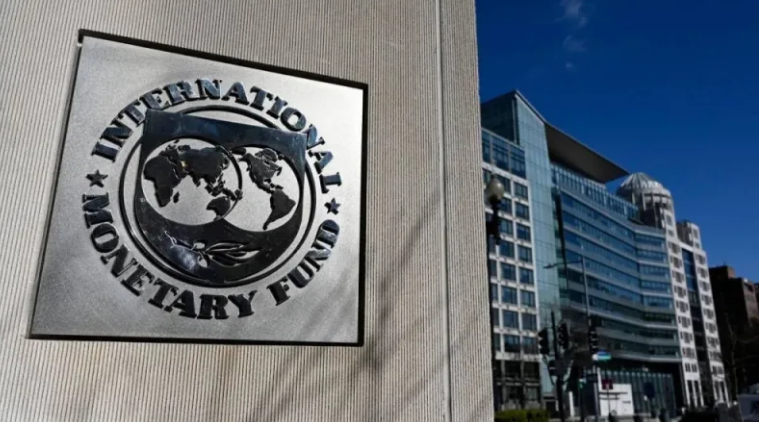The International Monetary Fund (IMF) has issued a stark warning that rising economic pressures, fueled in part by new U.S. tariffs, are pushing global public debt toward historic highs, potentially surpassing even the peak levels seen during the COVID-19 pandemic.
In a report released Wednesday, the IMF projected that global public debt could soar to nearly 100 percent of global GDP by the end of the decade. The forecast comes amid a broader slowdown in global economic growth and trade, trends the IMF says are placing mounting strain on government budgets worldwide.
According to the report, global public debt is expected to rise by 2.8 percentage points next year, reaching 95.1 percent of GDP in 2025. If current trends continue, that figure could climb to 99.6 percent by 2030—just shy of the all-time high of 98.9 percent recorded in 2020, when governments borrowed heavily to cushion the economic blow of the pandemic.
“The current trajectory of public debt is unsustainable without significant fiscal reforms,” the report cautioned, pointing to the combined impact of trade tensions, inflationary pressures, and slowing growth in both advanced and developing economies.
The IMF also noted that the average fiscal deficit—the gap between government spending and revenue—is set to rise slightly. In 2025, the global average deficit is expected to reach 5.1 percent of GDP, up from 5 percent this year and 3.7 percent in 2022. By contrast, the global deficit surged to 9.5 percent in 2020 during the height of the pandemic response.
Following that crisis, global debt had briefly declined by 10 percentage points over a two-year period. However, the IMF warns that this downward trend has reversed and now appears to be accelerating again.
The new tariffs imposed by the United States, which have raised tensions in global trade markets, are seen as a contributing factor to the fiscal strain. The IMF urged countries to avoid protectionist policies and instead prioritize structural reforms and coordinated international efforts to stabilize debt levels and encourage growth.
“Without concerted action,” the report warned, “the world risks entering the next decade with a weakened fiscal position and reduced ability to respond to future crises.”


